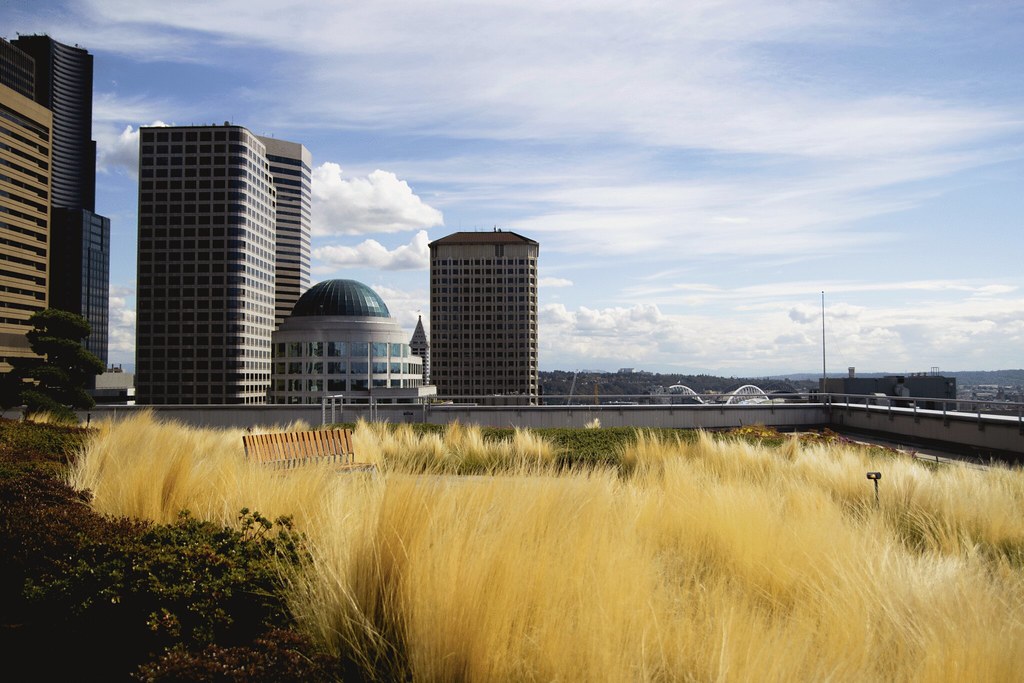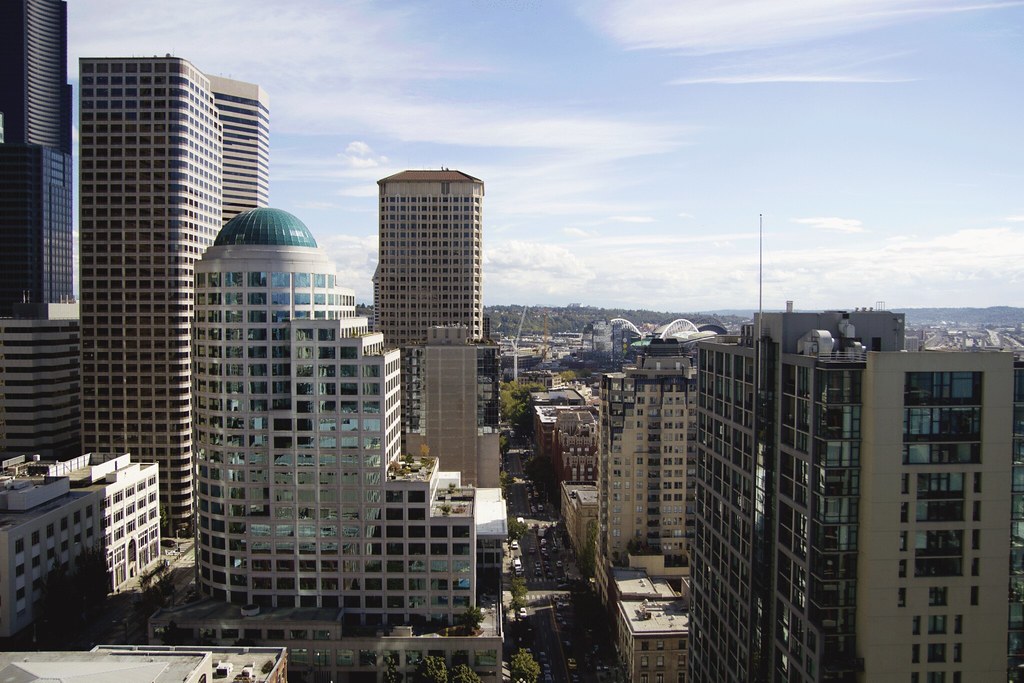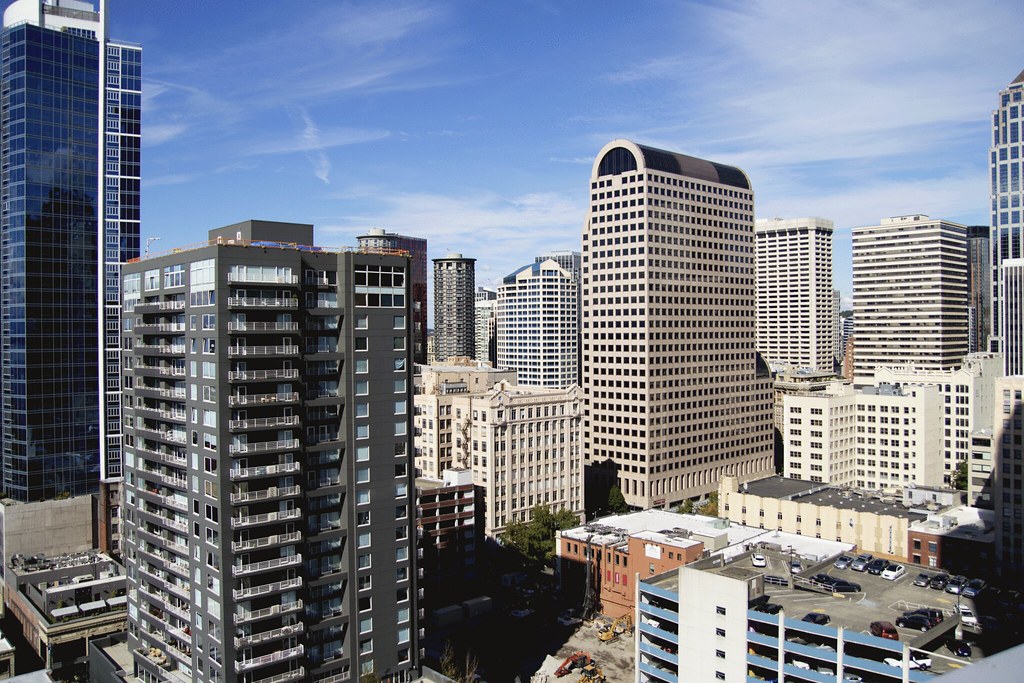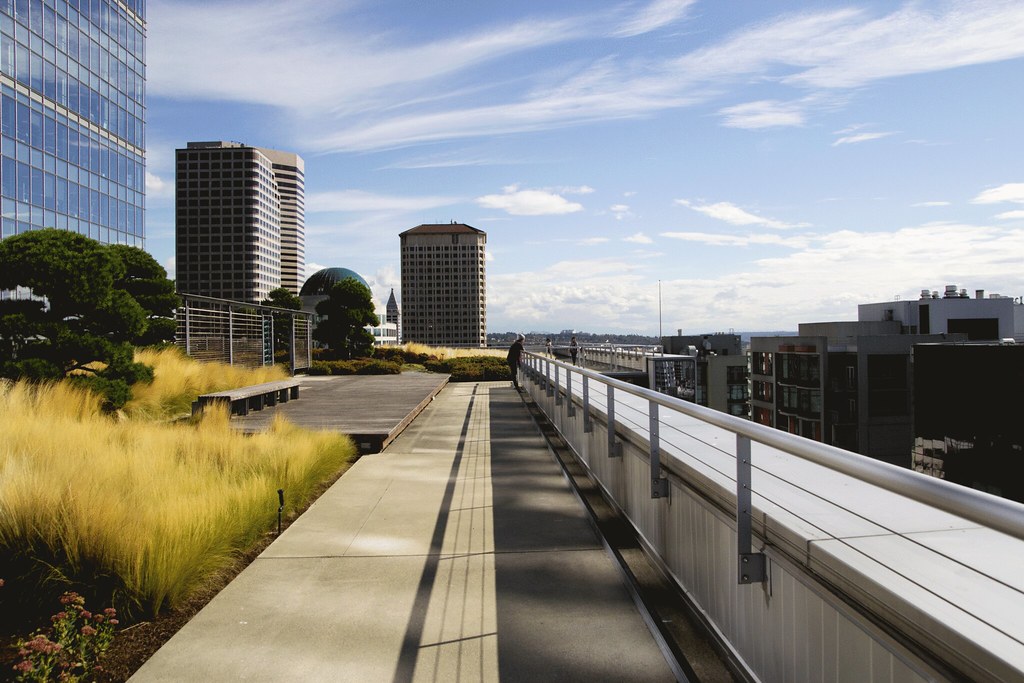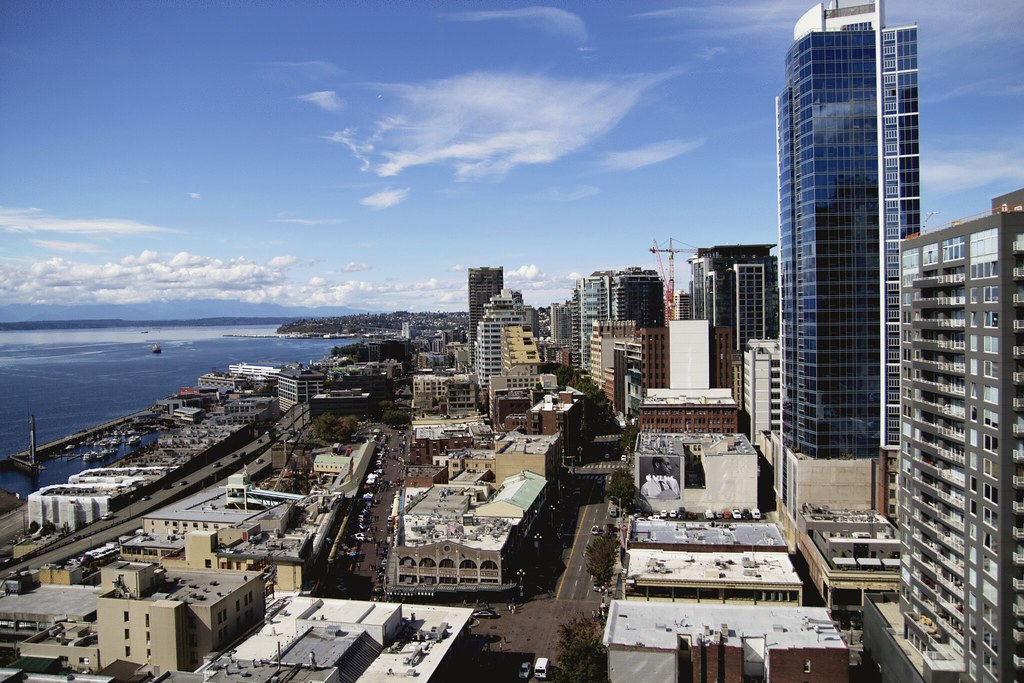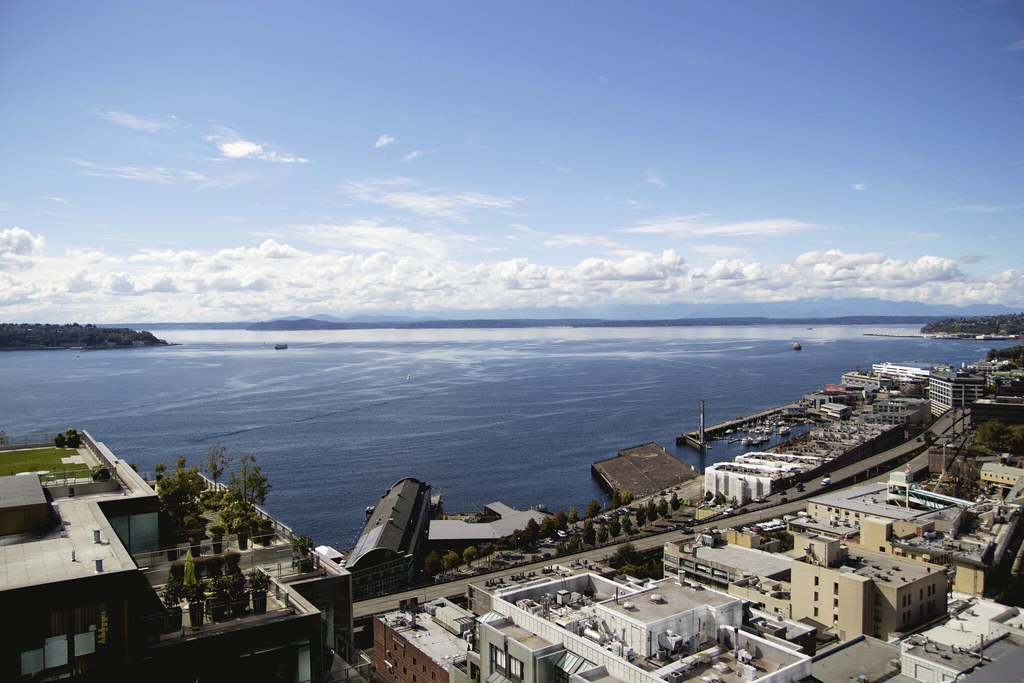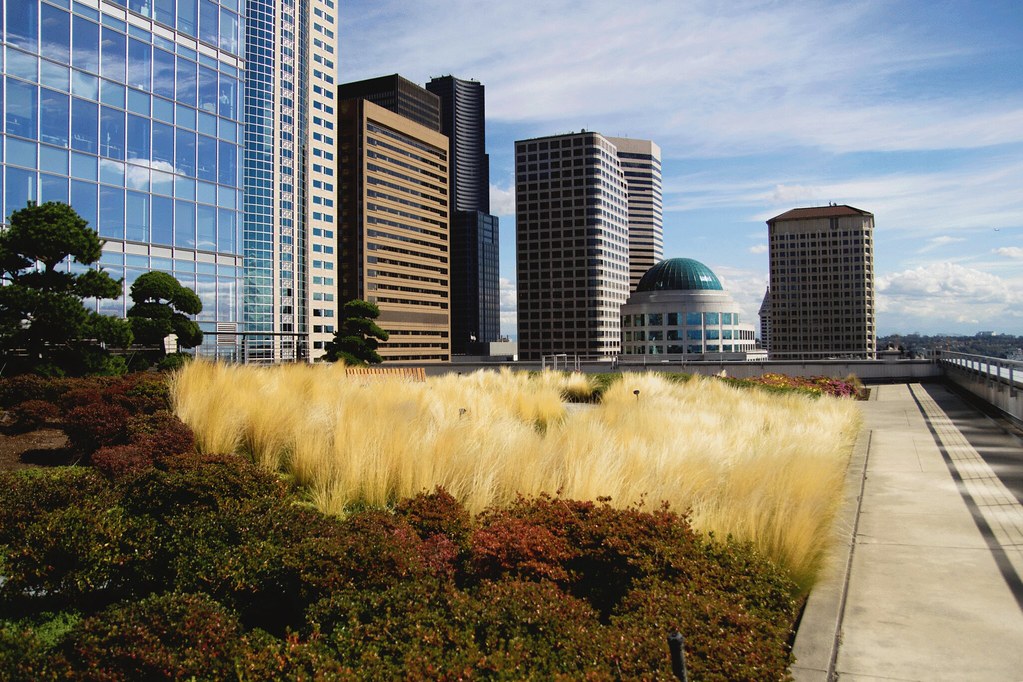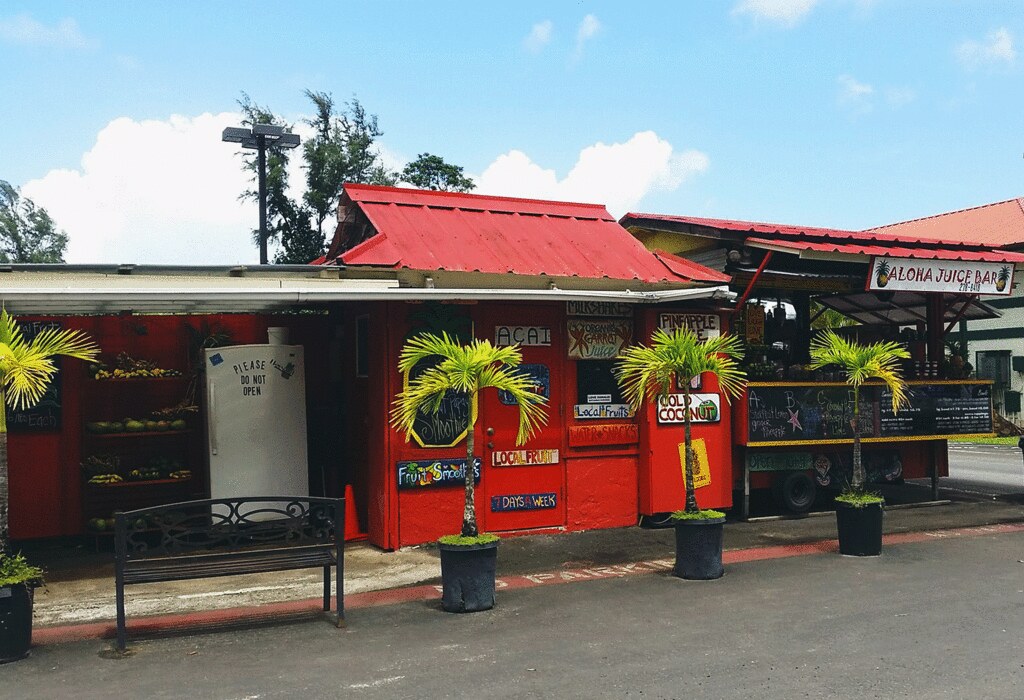I had been crying nonstop for about seven weeks when I sat in my midwife’s office with a clipboard in my hand, filling out the Edinburgh Postnatal Depression Scale. On it, were questions asking if I was able to see the funny side in things, if I was so unhappy that I was crying, or if I had been feeling scared or panicky “for no very good reason.” I was taken aback by the phrasing of that last question, and didn’t know how to respond. Was fearing for my life for the past seven weeks, and feeling like I was walking a plank “no very good reason?” Don’t other people feel depressed, anxious, and fearful when they are pregnant? I answered “yes, quite a lot” anyway, and checked off some variation of “yes” for all of the other questions, as my tears fell on the paper. My midwife asked me why I was so unhappy, and I sobbed as I told her: I was afraid I was going to die, I didn’t trust my body, I didn’t trust anyone to help me. Her facial expression fell somewhere between shock and confusion, and she gazed at me for a moment before averting her eyes without another word. Alex told me later that when I left the room, she asked him if she thought my previous miscarriage had anything to do with my feelings. I still wish she would have asked me herself. I left the appointment feeling helpless, and so alone. Was there anyone who had felt or was feeling anything like me?
Since then, things have both changed and stayed the same. I still cry, I still feel fearful, anxious, and depressed, but with the help of therapy, a few select friends, and the Perinatal Support Washington warm line , I do feel a bit better. While I felt confused, alone, and like a bad mother before I sought explicit help for this problem I am facing, at least I know now what the problem is. Major Depression, my old friend, has come to visit me again. Depressive episodes that occur within the context of childbearing begin during pregnancy in 50% of cases, which is why the DSM-5 recognizes this type of depression as Major Depressive Disorder with the specifier of “peripartum onset” for new moms and pregnant women alike. What we know as “postpartum depression” in our society isn’t a diagnosis at all, partly because it doesn’t account for women like me, the women who begin suffering long before they have their babies in the arms, even though they often still struggle when they do. It’s the depression you are probably familiar with — like the kind I developed as a teenager — just occurring in a different circumstance. The context, no matter what anyone says, doesn’t make it more or less difficult. In my experience, as a person who has suffered from major depression with and without peripartum onset, there is no discernible difference. Depression is depression no matter what stage of life you are in, and it is awful during each of them.
It’s stigmatized to talk about mental illness as it is, though less so than it once was. The same goes for experiencing depression after giving birth. But talking about it during pregnancy? The conversation has only just barely begun, and it is the most underreported and perhaps the most stigmatized of all. You’re supposed to be happy during pregnancy, you’re supposed to “enjoy every minute,” you’re supposed to grin and bear any hardship and avoid anything that can be perceived as negativity if for no other reason than thinking of the children. It’s like carrying a child has taken away my own humanity. It has taken the support of many of the people that once cared for and were concerned about me, and turned their focus solely to the baby — someone they haven’t even seen, or felt, or met — instead. Words cannot explain the loneliness.
“Don’t be stressed, you’re going to hurt the baby.”
“Do you know what anxiety does to the baby?”
“Stress isn’t good for the baby.”
These are only a few of the things I have heard from a few individuals when I dared to reveal my unhappiness. While I’m sure these people are more concerned about mine and Alex’s baby than I am or Alex is (insert eye roll here), don’t they know that stressing further about how I could be negatively contributing to my baby’s health isn’t good for me? Trust me, I’ve read the articles in the academic journals, and all of that information is decidedly not helpful. Don’t these people know that depression isn’t good for any human being who would rather be happy? Don’t they know that pregnant women make up a part of the population of people who die by suicide every year? Don’t they know I need their love, and support, and encouragement to help myself get by?
I would be hard pressed to answer the questions “Who is being harmed more?” and “Who is more at risk?”
There is no good answer, and “more” is hard to quantify. I feel bad for the baby (obviously), but I do feel bad that I have to be on this road. Depression is extremely hard.
For weeks I silently apologized to the baby for being conceived by someone like me, for having me as their mother. I chastised myself for my “ungratefulness,” and sneered at myself about how I deserved to have miscarried in November because of that “ungratefulness.” Sometimes I still do, but I am trying to have compassion for myself. Pregnancy is the scariest thing I have ever willingly put myself through.
It has been a rollercoaster for me since I was 7 weeks along. Some days I am propelled above the fog, and some days, I am plummeting fast. I spend a lot of time thinking about all the things that ever made me feel happy and secure, so I can find some relief. I go on google maps to find the park I lived on as a child, and take a virtual walks. Other times, I imagine hugging my grandparents, or standing at their front door, or laying in the middle of the big backyard they had when they lived in New Jersey. Sometimes I even imagine myself on an actual rollercoaster at Six Flags Great Adventure, sandwiched between my brother and my dad as we slowly climb up the lift hill, preparing for the inevitable drop. When I do this, I manage to convince myself that I can handle the journey I’m on, and I will be okay. I was always okay in Radburn Park, or when I was with my grandparents, my dad, and my brother. I felt so assured that nothing bad would ever happen to me.
Being okay is what I hope for every day, and I pray all the time that nothing bad will happen to me now. But just like a rollercoaster, the only way off this track is to go through the ride. I guess I’ll see what is in store for me when I get to the end, and I know there is one. At least this time, during this depression, there appears to be light at the end of the tunnel. I’m so glad to have the resources available to me, a great therapist, and a wonderful husband who help me to see it.
For all the days I feel like a bad mother for feeling this way, there are days where I feel like a brave one. I’m treading in the rising water of depression and anxiety, I’m battling and facing my fears at every turn, and I’m fighting through exceptional pain so that, come August, I can (hopefully) say hello to the person who required me to.
*
(I hope that as time goes on, I have better feelings to report. But just in case future posts don’t mention my pregnancy, or aren’t filled with excitement and gushing when they do: you know why. While this was hard to write after the pregnancy announcement post, I just wouldn’t be myself (or a good counselor!) if I stayed silent. The most uncomfortable things to say are often the most important.)
*
Wild Geese
You do not have to be good.
You do not have to walk on your knees
for a hundred miles through the desert, repenting.
You only have to let the soft animal of your body
love what it loves.
Tell me about despair, yours, and I will tell you mine.
Meanwhile the world goes on.
Meanwhile the sun and the clear pebbles of the rain
are moving across the landscapes,
over the prairies and the deep trees,
the mountains and the rivers.
Meanwhile the wild geese, high in the clean blue air,
are heading home again.
Whoever you are, no matter how lonely,
the world offers itself to your imagination,
calls to you like the wild geese, harsh and exciting–
over and over announcing your place
in the family of things.
-Mary Oliver

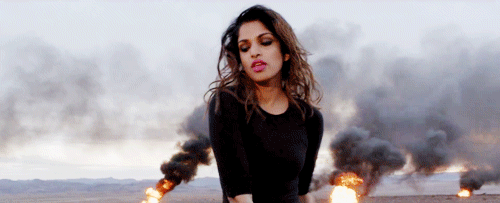





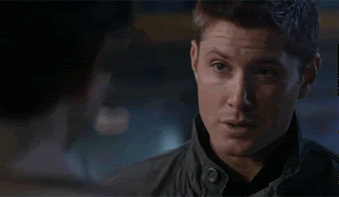
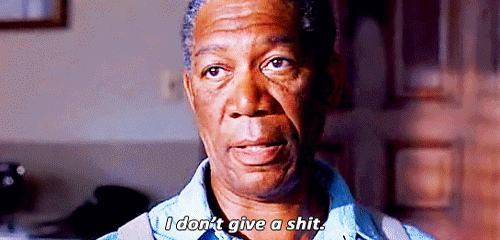
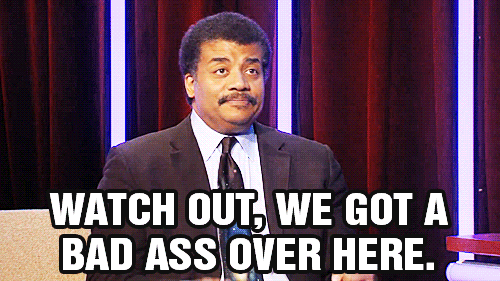







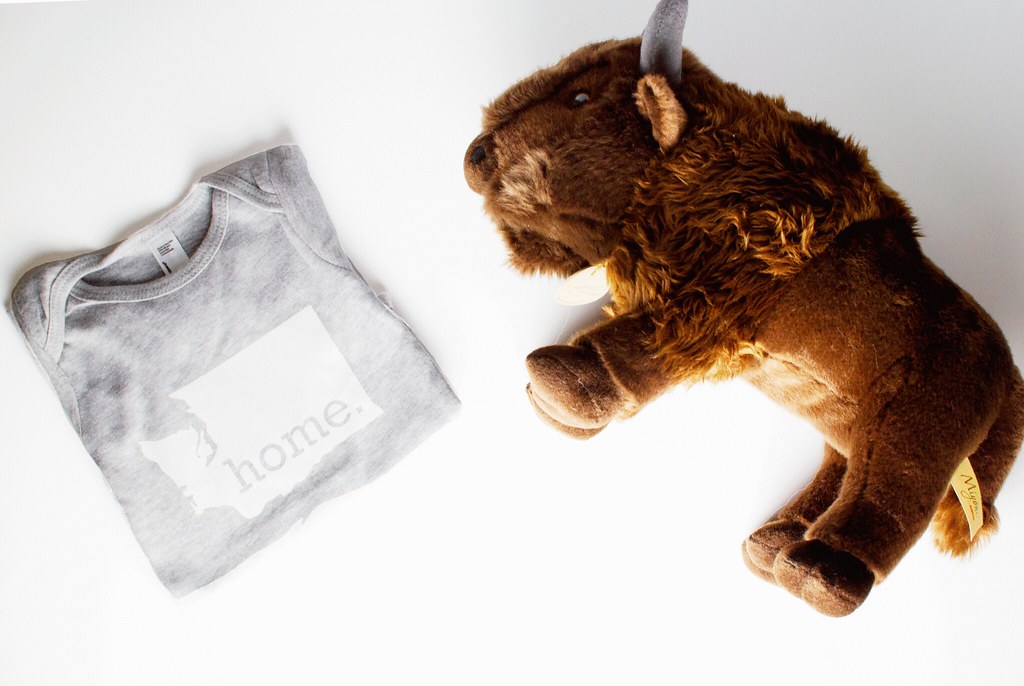
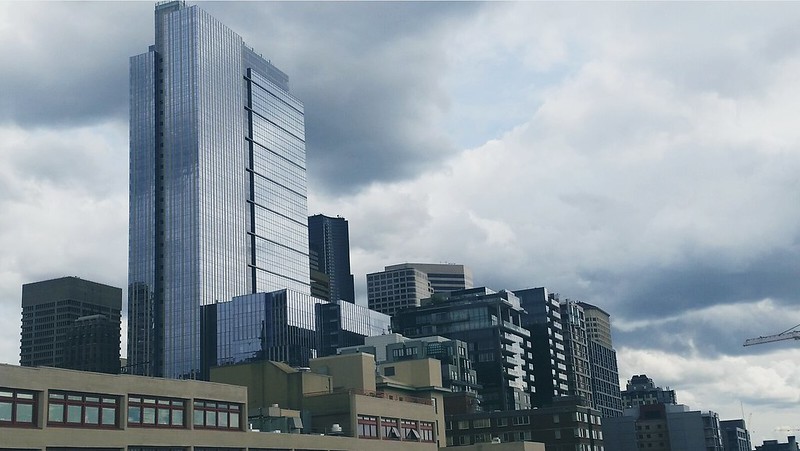
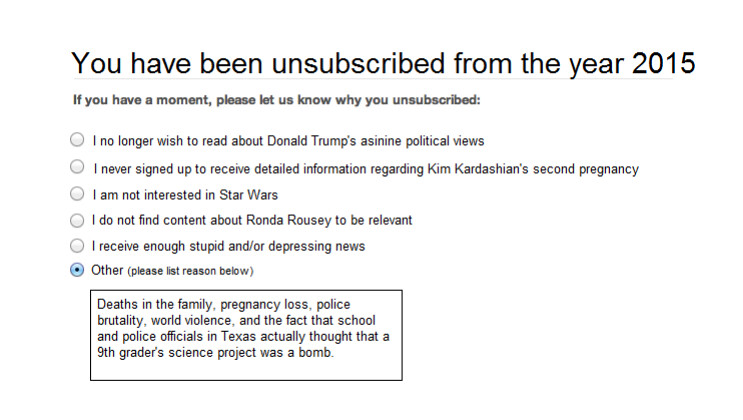 It is a relief to have said goodbye to 2015. It wasn’t all bad, I guess: celebrating another year of life, celebrating the birth of a nephew, celebrating another year of togetherness and marriage, vacationing, seeing my family, spending time in my hometown, seeing Alex’s family… — in the grand scheme of things, I should be thankful. But I’m just not. 2015 was filled with entirely too much heartbreak to color my glasses a shade of rose because of a handful of positive occurrences.
It is a relief to have said goodbye to 2015. It wasn’t all bad, I guess: celebrating another year of life, celebrating the birth of a nephew, celebrating another year of togetherness and marriage, vacationing, seeing my family, spending time in my hometown, seeing Alex’s family… — in the grand scheme of things, I should be thankful. But I’m just not. 2015 was filled with entirely too much heartbreak to color my glasses a shade of rose because of a handful of positive occurrences.

